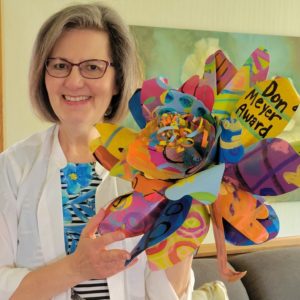WisconSibs Resource Library
The SibSpot Resource Library
In Person – The shelves of resources are just outside our office doors in Appleton. We welcome you to stop by and browse the collection.
Here on our website – Find a list of authors and publisher information for your convenience when looking for resources for siblings.
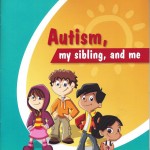 Three great downloadable resources for young siblings, teen siblings, and parents. While these resources from the Organization for Autism Research focus on autism, the information and activities can be relevant for siblings of any disability.
Three great downloadable resources for young siblings, teen siblings, and parents. While these resources from the Organization for Autism Research focus on autism, the information and activities can be relevant for siblings of any disability.
- Young Siblings Guide: Autism, My Sibling, and Me
- Teenage Siblings Guide: Life as an Autism Sibling: A Guide for Teens
- Parent’s Guide: Brothers, Sisters, and Autism: A Parent’s Guide to Supporting Siblings
Featured books
Books about or by Sibs published between 2018-2022 –
Click to download a book list compiled by the Appleton Public Library that includes books available from there or from book sellers. Titles are alphabetical by author’s last name.
WISCONSIB AUTHOR
Walk with Me by Kristin Lanari (sibling and former member of the WisconSibs Board of Directors, member of the Sibling Leadership Network board of directors)
Walk With Me is a 72-page collection of uplifting stories written by children and adults who have brothers and sisters with Down syndrome. It was developed and edited by Kristin Lanari, Appleton, Wisconsin, in honor of her relationship with her sister Lauren.
The book includes thirty-one (31) stories and photographs that describe the joys and challenges of having a sibling with a disability. It is intended to:
- Acknowledge and recognize the importance of the sibling relationship through the lifetime of persons with Down syndrome and other disabilities.
- Help parents of children with disabilities understand and value the sibling relationship.
- Help newly diagnosed families understand what to expect.
- Help educate medical and human services professionals about life with a sibling with Down syndrome.
- Help educate public officials about the importance of funding programs and services that enhance the quality of life.
- Enable the authors to help others by sharing their experiences.
You can purchase Walk With Me online at stores.lulu.com/lanarinet .
This book was made possible by a grant from the Wisconsin Board for People with Developmental Disabilities (BPDD). Click here for more information about the BPDD.
All photography donated by Lanari Photography.
Books by Don Meyer, creator of Sibshops®
Sibshops: Workshops for Siblings of Children with Special Needs
Don Meyer and Patricia Vadasy (Paul H. Brookes Publishing Co.)
This is the long-awaited revision of the essential guide for organizing and running support groups for siblings of children with special needs, featuring 30 new activities.
Thicker Than Water: Essays by Adult Siblings of People With Disabilities
Don Meyer, editor (Woodbine House)
The 39 compelling essays in this powerful anthology express a diverse range of sibling experiences and attitudes. The contributors range in age from 20 to 70, and have brothers and sisters whose disabilities include Down syndrome, autism, cerebral palsy, seizures, visual impairment, fragile-X syndrome, intellectual disability, or mental illness. It features the best sibling writers from the US, Canada, England, and Japan including Rachel Simon, Mary McHugh, Kate Strohm and Veronica Chater.
Views from Our Shoes: Growing Up With a Brother or Sister With Special Needs
Don Meyer, editor (Woodbine House)
“I can’t imagine having a plain old sister,” writes Ryan Clearwater, age ten, in one of the 45 essays in this book. Ryan and the other boys and girls whose essays are featured in this collection range in age from four to eighteen. They share their experiences as the brother or sister of someone with a disability – the good and bad aspects, as well as many thoughtful observations.
The Sibling Slam Book: What It’s Really Like To Have A Brother Or Sister With Special Needs
Don Meyer, editor (Woodbine House)
Give teenagers a chance to say what’s on their minds, and you might be surprised by what you hear. That’s exactly what Don Meyer did when he invited a group of 80 teenagers, from all over the United States and abroad, to talk about what it’s like to have a brother or sister with special needs. Contributors include two WisconSibs from the Fox Valley, Amanda Doersch and Christiana Redman.
Living With A Brother or Sister With Special Needs: A Book for Sibs
Don Meyer and Patricia Vadasy (University of Washington Press)
Written for young readers, the book discusses specific disabilities in easy to understand terms. It talks about the good and not-so-good parts of having a brother or sister who has special needs, and offers suggestions for how to make life easier for everyone in the family. This revised and updated edition includes new sections on attention deficit hyperactivity disorder, fetal alcohol syndrome, fragile X syndrome, traumatic brain injuries, ultrasound, speech therapy, recent legislation on disabilities, and an extensive bibliography.
Uncommon Fathers: Reflections on Raising a Child With a Disability
Don Meyer, editor (Woodbine House)
A fascinating collection of 19 essays by fathers who reflect and write about the life-altering experience of having a child with a disability. These fathers provide an introspective and honest look at this deeply emotional subject, offering a seldom-heard perspective on raising children with special needs. This book should also be helpful to partners, family, friends, and service providers who will appreciate this rare forum and perhaps learn from what these fathers have to say.
Other books in the SibSpot
Andy and His Yellow Frisbee
Mary Thompson (Woodbine House, 1996)
The new girl at school tries to befriend Andy, a boy with autism who spends every recess by himself, spinning a yellow Frisbee under the watchful eye of his older sister.
Ben, King of the River
David Gifaldi (Albert Whitman & Company, 2001)
Chad experiences a range of emotions when he goes camping with his parents and his five-year-old mentally disabled brother Ben, who has many developmental problems.
Ian’s Walk: A Story About Autism
Laurie Lears (Albert Whitman & Company, 1998)
A young girl realizes how much she cares about her brother who has autism when he gets lost at the park.
It Isn’t Fair! Siblings of Children with Disabilities
Edited by Stanley D. Klein & Maxwell J. Schleifer (Bergin and Garvey, 1993)
This book is divided into five parts. In Part I, an interview with college students is followed by an article by Meyer Schreiber, one of the first professionals to write and speak about the needs of siblings. In Part II, there are eight articles by parents and on a team of professionals. In Part III, there are seven articles written by siblings reflecting on their experiences. A series of case studies highlighting sibling relationships follows Part IV. The book concludes with Part V and a series of brief articles written by children.
Joey and Sam
Illana Katz and Edward Ritvo, M.D. (Real Life Storybooks, 1993)
Although it is sometimes hard to have a younger brother like Sam who is autistic, Joey is proud when Sam’s special class performs at a school assembly.
Our Brother Has Down’s Syndrome: An Introduction for Children
Shelley Cairo (Annick Press, 1985)
Tara and Jasmine tell about how their little brother, Jai, who has Down syndrome is “a little different (we all have different things about us) but mostly is just like the rest of us.” Large color photographs and a sensitive text describe their special brother and their family life. A clear explanation of Down syndrome is included.
Riding the Bus with My Sister
Rachel Simon (First Plume Publishing, 2003)
A true story about the author and her spirited sister who has cognitive disabilities and spends nearly every day riding the busses in her Pennsylvania city. The story tells how riding the bus with her sister for one year changes the author’s life forever.
Russell is Extra Special: A Book About Autism for Children
Charles A. Amenta III, M.C. (Magination Press, 1992)
Explaining autism to children can be a difficult task. This heart-warming portrayal of an autistic boy and his family will help children and their parents understand this serious developmental disorder. An introduction for parents and a list of resources supply further information. In addition, as they enjoy and identify with the family photographs so similar to their own, children will develop greater sympathy for those who may be different from themselves.
Siblings of Children with Autism: A Guide for Families
Sandra L. Harris, Ph.D. (Woodbine House, 1994)
Siblings of Children with Autism is an invaluable guide to understanding sibling relationships, how autism affects these relationships, and what families can do to support their other children as they cope with the intensive needs of a child with autism. Harris offers compassionate and authoritative advice and strategies for dealing with specific issues that are often troublesome for siblings. She also teaches parents how to improve communication in the family, balance personal and family time, and foster interaction between children with autism and their brothers and sisters.
Siblings Without Rivalry: How to Help Your Children Live Together So You Can Live Too
Adele Faber & Elaine Mazlish (Avon Books, 1987)
Siblings Without Rivalry guides the way to peace and tranquility with humor, compassion and understanding, and the illustrated, action-oriented, easy-to-understand stories will make life easier for both siblings and their parents.
Sisters, Brothers, and Disability: A Family Album
Lydia Gans (Fairview Press, 1997)
The stories of 26 families raising children with special needs at home. Includes 142 photographs that show compassion, patience, and matter-of-factness sisters and brothers share as they deal with the challenges of living with differently-abled siblings.
Special Siblings: Growing Up with Someone with a Disability
Mary McHugh (Hyperion, 1999)
The real life story of a woman who raised her disabled brother after their mother’s death. Her insights into the positive impact that her brother had on her life and development are simply inspirational.
What About Me? When Brothers and Sisters Get Sick
Allan Peterkin, M.D. (Magination Press, 1992)
Laura experiences conflicting emotions when her brother becomes seriously ill. Includes suggestions for parents to help their well children cope with a chronically ill sibling.
Resources for Journey Forward participants
Introduction video to Journey Forward
PowerPoint Workshop #1 presentations of Journey Forward
- https://wisconsibs.org/wp-content/uploads/2023/01/Journey-Forward-2023-Workshop-1.pdf
- https://wisconsibs.org/wp-content/uploads/2023/01/ADRC-Outagamie.pdf
Why future planning is important –
Video – https://www.specialneedsplanning.com/investment-news-video
Journey Forward Workshop #2 Booklet – click HERE
Vocabulary – Sib Tips
https://146483.fs1.hubspotusercontent-na1.net/hubfs/146483/Publications%20for%20POWER%20site_SEPT%202022/SibTips_05_2021.pdf
Need a review of the information about Special Need Trusts? Check out the Wispact website.
Looking for an attorney in your area of Wisconsin? https://www.wispact.org/attorneys/
DOWNLOAD LETTER OF INTENT – Journey Forward Letter of Intent – https://wisconsibs.org/wp-content/uploads/2018/03/WisconSibs_Journey_Forward_Letter_of_Intent.pdf
Government Benefits Overview
– ADRC video
– ADRC slides from video
– link to The Arc Future Planning Center – Public Benefits
If you are reading this, you are doing more than most about planning for the future.
Click Here for “Few Parents Plan For Future Of Children With Disabilities”
Digital Resources
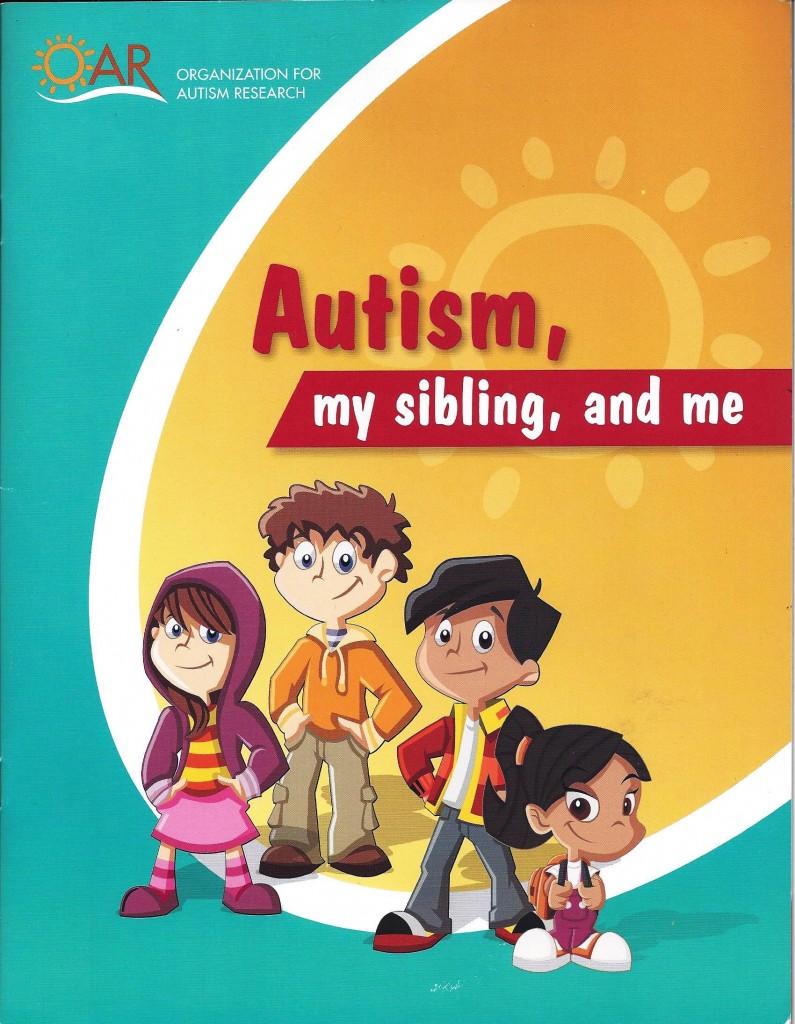 Do you have a sibling with autism? Contact us and we’ll send you a great activity book created by the Organization for Autism Research (OAR) called Autism, my sibling, and me.
Do you have a sibling with autism? Contact us and we’ll send you a great activity book created by the Organization for Autism Research (OAR) called Autism, my sibling, and me.
Thanks to grants from the Friends of Autism and Infant Welfare Circle of King’s Daughters Funds, WisconSibs is distributing these books to siblings of children with autism and other developmental disabilities. You can also request copies from the OAR by calling 866-366-9710.
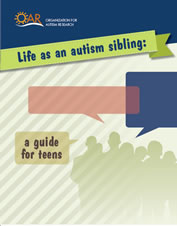 For teens of siblings with autism, click for another great resource from OAR (Organization for Autism Research) called Life as an autism sibling:a guide for teens
For teens of siblings with autism, click for another great resource from OAR (Organization for Autism Research) called Life as an autism sibling:a guide for teens
You can also request copies from the OAR by calling 866-366-9710.
Resources for “Sibvivors”
We believe children growing up with disabilities (their own or their sibling’s) will not only survive, but thrive through their sibling journey if they are able to find information, tools, skills and support. You could call them, “Sibvivors”. Check out these resources for children that address concerns of children’s safety, perseverance, respect, citizenship, teamwork, and other support to Sibvivors.
Safety Red Cross Info Grades K-2
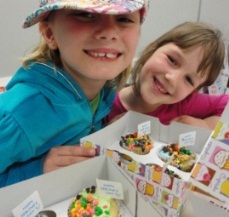 Sibshops are offered monthly from September to April for children ages 6-12. |
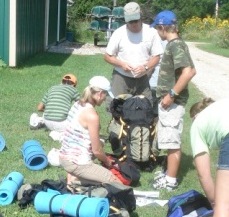 Summer programs include a backpacking Sib Camp for ages 10-15 and SibDays of Summer for ages 6-12. |


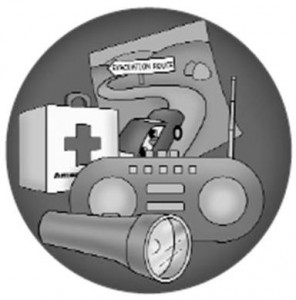
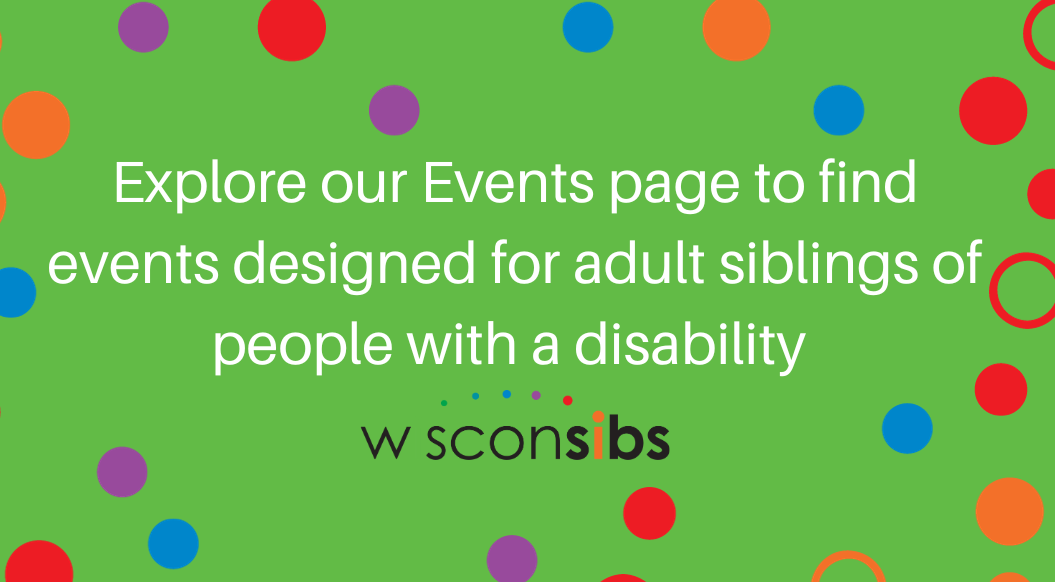
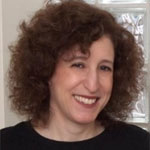 Award-winning author Rachel Simon describes her relationship with her sister, Beth, who has a developmental disability.
Award-winning author Rachel Simon describes her relationship with her sister, Beth, who has a developmental disability.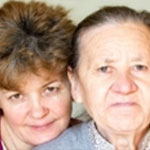 Samantha is 51 years old. Her older sister with cerebral palsy still lives with her parents, now in their 80s.
Samantha is 51 years old. Her older sister with cerebral palsy still lives with her parents, now in their 80s. Actress Eva Longoria, talks about her sister with special needs. See her
Actress Eva Longoria, talks about her sister with special needs. See her  With that many siblings becoming more involved as “natural supports” for their brothers and sisters, there is a greater and greater need to get involved in planning for the future – their own and their sibling’s. As Wisconsin sibling Ashley Baldwin stated in
With that many siblings becoming more involved as “natural supports” for their brothers and sisters, there is a greater and greater need to get involved in planning for the future – their own and their sibling’s. As Wisconsin sibling Ashley Baldwin stated in 